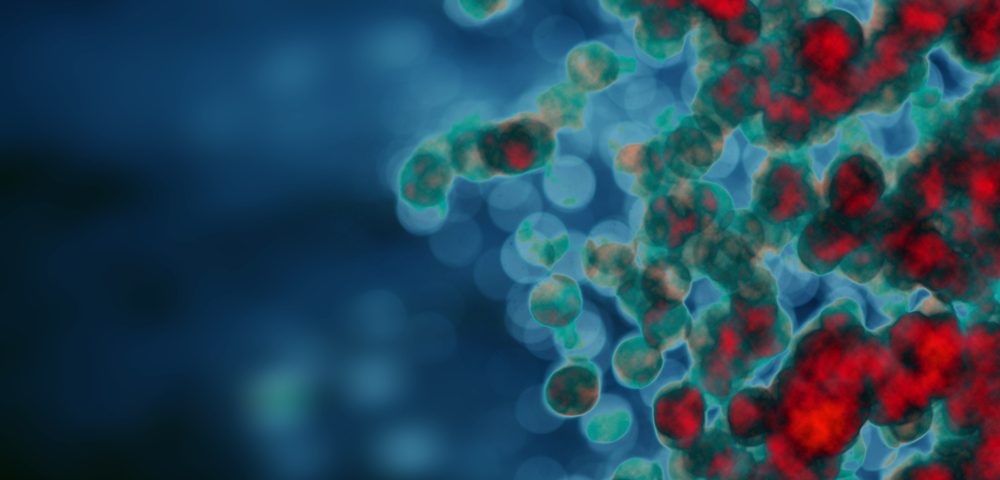Combining the DNA-based immunotherapy GEN-1 with standard of care neoadjuvant chemotherapy continues to show promise in patients with newly-diagnosed advanced ovarian cancer who will undergo interval debulking surgery, according to the most recent data of the OVATION study.
In the first 12 patients dosed, which include patients from the fourth and final cohort, the combination therapy has shown promising efficacy signs, including 100% disease control rate and 75% objective response rate, with no dose limiting toxicities.
“These early results have impressed our investigators which accounts for the rapid patient accrual in the study. The consistency and robust nature of the data across all four cohorts and the encouraging clinical responses underscore the potential of GEN-1 to serve as an effective, safe IL-12 immunotherapy in ovarian cancer,” Nicholas Borys, MD, chief medical officer, Celsion Corporation, said in a press release.
“In particular, we see improvements across a number of important and meaningful measures used to assess ovarian cancer, which reinforce our confidence in this IL-12 immunotherapy approach and provide a strong rationale for continued development of GEN-1 for the treatment of ovarian cancer,” Borys added. “We look forward to the translational data which, along with the clinical findings, will assist in the design of our registrational program.”
Celsion’s GEN-1 is a lipid vesicle that targets specifically tumor cells and that contains a DNA molecule with the IL-12 gene. IL-12 is an immune-stimulatory molecule that activates the immune system, and by delivering it directly into the tumor site, GEN-1 reduces the serious toxicities associates with exacerbated immune activity in other areas of the body.
The OVATION study (NCT02480374) is an open-label, single-arm Phase 1b dose-escalating trial designed to asses the safety and efficacy of GEN-1 in combination with standard neoadjuvant chemotherapy in patients with newly-diagnosed advanced (stage III or stage IV) ovarian cancer. The study has four dose cohorts meant to enroll three to six patients each, to identify a safe, tolerable, and effective dose of GEN-1.
The first three cohorts enrolled three patients each and provided very promising efficacy results. Now, Celsion has revealed preliminary data from the first three patients enrolled in the fourth cohort.
Among the first 12 patients dosed in the OVATION study, one (8%) achieved a complete response, eight (67%) demonstrated a partial response, and three (25%) has stable disease, which translates to a 100% disease control rate, and 75% objective response rate.
Eleven patients had successful resections of their tumors – most of which (55%) had no remaining microscopic tumor following surgery – and one (9%) had a complete pathological response, five (45%) had a micro pathological response, and five (45%) had a macro pathological response.
This is remarkable, as complete pathological responses are seen in less than 7% of patients treated with standard of care, and micro pathological responses in less than 30% of patients. Importantly, patients who achieve a complete pathological response have a median overall survival of 72 months, which is more than three years longer than those who do not experience a complete pathological response, and micro pathological responses are associated with a median overall survival of 38 months.
Celsion is now expecting to enroll three additional patients in the fourth cohort by the end of this quarter and to report OVATION’s final data by mid-2017.

